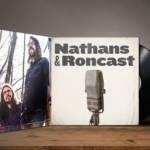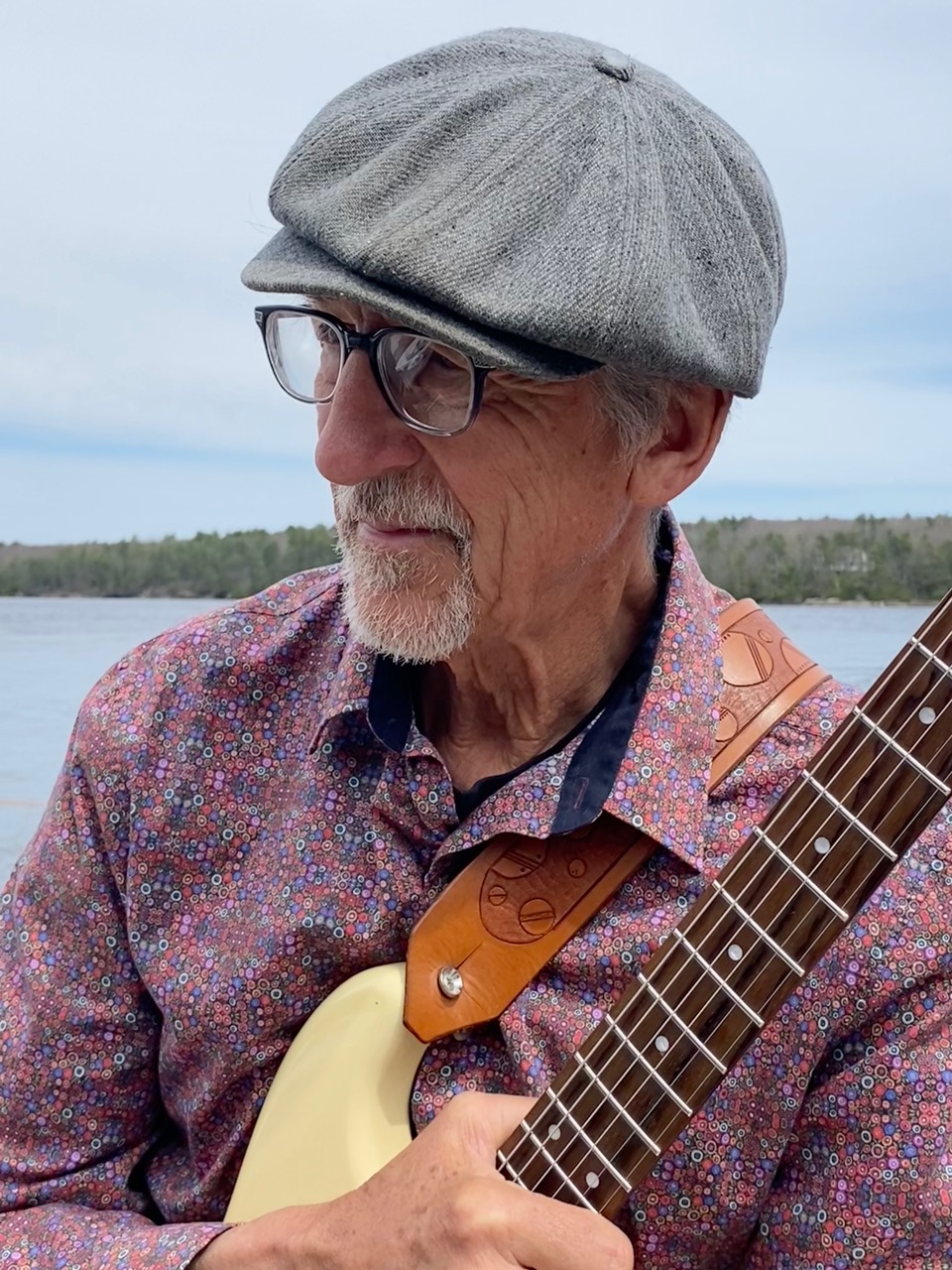
A few weeks back we featured Peter MacDonald Blachly as our interview guest as we discussed the song “Evening,” which Michael wrote as a posthumous co-write with Peter’s great-uncle, the poet Clarence Dan Blachly. Michael and Aaron also wrote “I Stood Upon a Hill,” from our album Crooked Fiddle, based on Clarence Dan’s words.
In addition to being a great custodian of his family’s history, Peter is also a great performing songwriter in his own right. This week we’re featuring his song “Vicksburg.” It’s based on one of the stories he told us during our conversation. This story is covered in his grandfather’s memoir, which Peter recently published into a book, titled “My First Life: Becoming a Man on the Colorado Frontier.”

We recently asked Peter to explain the backstory to the song. Here’s what he wrote back:
“The song is based on a true story. My great great grandfather, the Reverend Eben Blachly, was living in Wisconsin during the Civil War when his son, who had enlisted in the union army, was captured near towards end of the war and held in a Confederate prison. Eben rode south on horseback hoping to find his son and ransom him out of prison, but he was himself captured by a contingent of Confederate soldiers. They accused him of being a northern spy and sentenced him to die by hanging, a sentence they immediately set about carrying out.
Mounted on his own horse with hands tied behind his back and a noose around his neck, Eben asked to say some final words before they drove the horse from under him. The soldiers relented, and Eben proceeded to pray for the welfare of their souls because they were about to kill an innocent man. His prayers were so sincere that the soldiers were profoundly moved and instead of hanging him, sent him home to Wisconsin. Eben, also deeply moved by the experience, vowed to dedicate his life to serving the slaves who had been freed by the war. He sold his farm in Wisconsin, bought land outside Kansas City, Kansas, and established Freedman’s University in 1865, which he and his wife ran until his death in 1877. The school was later run as “Eastern University” until the beginning of the 20th century, when it folded. There is now virtually nothing left of the original campus.
About the time I wrote ‘Vicksburg,’ I had an impulse to see if there was anyone in the tiny town of Wyandotte, Kansas, who still had any connection to the school. I found on line a phone number for “The Old Quindaro Historical Society,” and placed a call. When I told the man who answered, Jesse Hope The Third, who I was, he nearly jumped out of his skin: ‘My great grandfather quarried the stones that your great grandfather used to build the church!’ he exclaimed. The following summer he invited me to come perform ‘Vicksburg’ at the Kansas City Street Blues Festival, but I was unable to go, and he died the following year. I have yet to get out to Kansas to see the place for myself.”